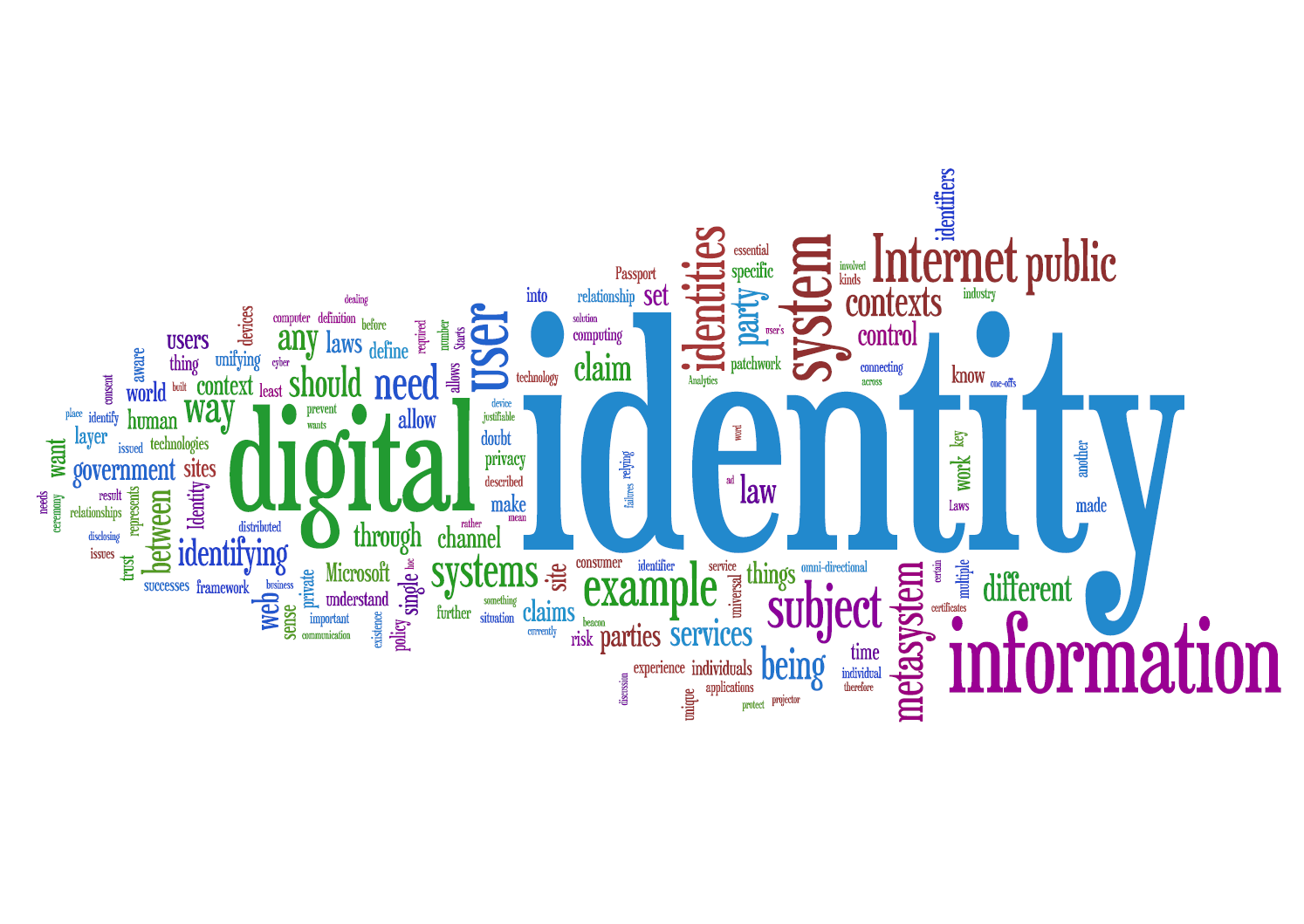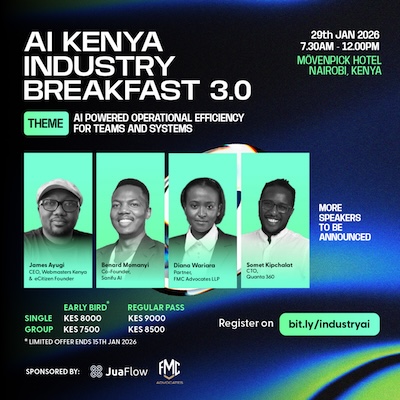
By Eugene Muhando (@e_muhando), Nairobi.
Life is a mystery, so we are told. Just take an adventure and realize the beauty of discovering something new. I am always fascinated by adventures to the Great Rift Valley and being born in North Rift made me interact with admirable places early in life. Recently, I was on a road trip to Baringo County. While marveling at the beautiful landscape of our country, we came across a number of tortoises crossing the road. I just wondered how they could survive such climatic conditions. I remember asking my colleagues whether they knew how long they could live but no one seemed to have a clue about it.
My curiosity led me to Google where after searching I discovered that tortoises can live up to 150 years. I was able to fulfill a desire by just typing in some words in a browser. Imagine that! This would not have been possible four decades ago. If I had a computer right then I would have proceeded to do some research on tortoises. Alternatively, I would have gone to the nearest library to peruse science books and journals to get the desired information.
This reminded me of our past before the advent of digital communication. I can’t think of how challenging it was to find opportunities, exploiting our God given talents and interacting with those who share our aspirations and dreams.
Most of us can relate to childhood activities related to walking long distances to hunt birds and animals both for fun and for food. The adventures were enthralling and fulfilling as we used to come home and engage our elderly siblings about things we came across. We ended up discovering a lot just by interacting with the environment. It was also enjoyable cycling around just to be with those we deeply cared about and build strong friendships.
In the year 2008, we were fortunate to discover the advances in mobile technology. For the first time we were able to connect with others by calling and texting. We enjoyed using those early model phones. My friends always made fun of my black Motorola C113 which was code named “kichwa rungu” because of its round shape at the top.
Then came the time where we had phones that support memory cards. This was the “mother of all inventions” back then. Many people now had the ability to listen to music, watch videos and share with friends and family. Our conversations revolved around which new music someone had downloaded or a funny clip picked from the internet. Access to the internet was mostly directed to sites such as waptrick.com (is it still available?), wapfever.com, tubidy.mobi to name just a few.
And our exploits never ended there; we would walk around the village with phones in our hands listening to all manner of music, from Gyptian reggae, gospel and local tunes. It was really enjoyable. We built connections by transferring music via Bluetooth, recommending sites for accessing important info and occasionally listening to funny clips here and there. The ability to access information faster made one an expert in everything and they would be frequently consulted for “latest developments”.
The early days of social media mostly involved connecting with former class mates and friends in the neighbourhood. To show their creativity, people used to identify themselves with quite descriptive names. I tend to think the names related with their passions, people they admired and their aspirations. Imagine a name with connotations like “Ule Mhot”, “Master wa Rhumba”, “Sylvester Stallone”, and “The Undertaker”. This was a struggle for identity.
The technological revolution that has happened since then is very significant. For instance, we now just need an application or a USSD Code to handle a number of tasks. Besides communication and entertainment, mobile phones can now enable us to access government services, handle banking transactions and even access employment opportunities among others.
However, we must be careful about our online identity. With advancement in technology, there emerges abuse and misuse hence the rise of cyber criminals and fraudsters. There is also a challenge of always desiring to fit in and demonstrate a certain level of achievement. For this reason, it is very critical to consider who you interact with. Jim Rohn once said that “you are the average of the five people you spend the most time with.”
Read>>How to Protect Yourself from Identity Theft
We have recently heard about a beautiful young Kenyan girl who was shot dead because of her criminal activities. The newspaper headline was even more than sarcastic captioned as, “The most beautiful robber shot dead.” The fact that she had an online identity different from her real personality made it even more confusing. A look at her online persona shows someone who may have been struggling with identity issues. Perhaps she was doing whatever she was to prove something to a clique of friends or group.
However, we must be careful about our online identity. With advancement in technology, there emerges abuse and misuse hence the rise of cyber criminals and fraudsters.
Instead of engaging in such criminal activities, the youth can redirect their energies to income generating activities. They can form groups and engage institutions like the Youth Enterprise Development Fund to access start-up capital to facilitate their economic ventures. Additionally, they can access employment opportunities by enrolling in Generation Kenya training centres, a socio-economic program supported by McKinsey Group and USAID.
With the universal access to information, one can always consult their friends on viable sources of earning a decent income. This will help reduce crime rate, transform our country economically and make it possible to achieve Vision 2030. As the famous Russian saying goes, “If you don’t move forward you drown.”
About the author
Eugene Muhando is the Relationship Officer at Edge Three Sixty Limited with responsibility for business development, customer experience and brand management. He has previously worked in sales and marketing positions in banking and fast moving consumer goods industries. He is also currently a member of the Institute of Customer Experience and is a certified online marketer. Eugene holds a Bachelor of Science degree in Strategic Management from Moi University.
Featured Image: www.vickstromlaw.com




